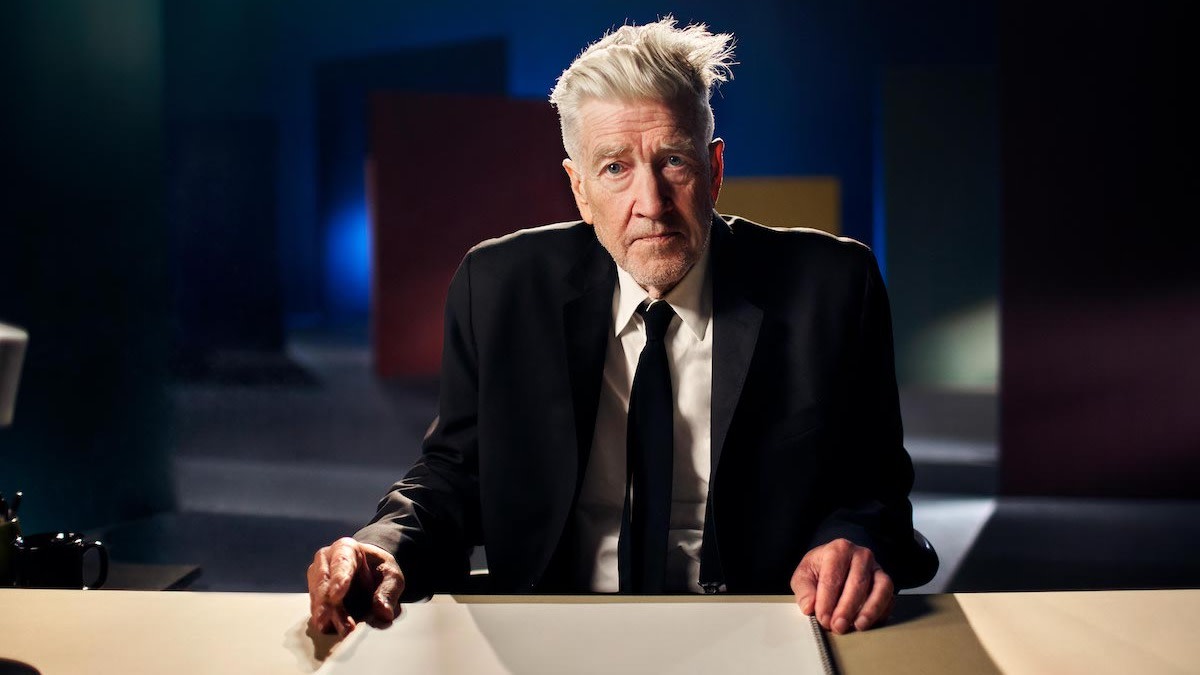Director David Lynch Shares 4 Tips for Casting a Film
Written by MasterClass
Last updated: Jun 7, 2021 • 4 min read
Casting actors is a vital and intuitive part of the pre-production process that can result in exciting discoveries and collaborations. Actors fill audition rooms hoping for their opportunity to appear in a feature film, TV show, or short film, but there are many factors to consider aside from who looks right for the part or who may be able to pull it off.
Learn From the Best
A Brief Introduction to David Lynch
David Lynch is a prolific, award-winning, avant-garde filmmaker whose work includes surreal masterpieces like Eraserhead (1977), Blue Velvet (1986), Twin Peaks (1990), Lost Highway (1997), and Mulholland Drive (2001). After studying at the Pennsylvania Academy of the Fine Arts in the 1960s, Lynch moved to Los Angeles where he began attending the American Film Institute (AFI) in 1970. During his time at AFI, David began working on his first feature film Eraserhead, which would go on to become one of the biggest cult classics in film history. David, who has been credited with introducing mainstream audiences to art-house films, received an Academy Honorary Award in 2019.
David Lynch’s 4 Tips for Casting a Film
The casting process can be difficult, but it is one of the most important parts of filmmaking. The actor’s look has to fit the vision of the writer or film director, while also carrying the right performance that is engaging for audiences. Successful Hollywood and independent film director David Lynch has a few methods for selecting actors for his projects. For tips on how to select the best actor for your project, check out some of David Lynch’s methods:
1. Look at headshots. Examine photographs or headshots of actors, while keeping in mind the type of look you want for the role. Partner with a casting director during pre-production to help you with your headshot search.
“It’s all common sense. You want to get the right person for the part. That makes sense, doesn’t it? So you can’t just pick anybody. You want the right person—so you need to look at pictures, explain what you saw in your mind, the look of the actor you want. Then you explain the way the actor is in some things. People will help you find pictures of actors.”
2. Observe the actor. Before selecting a performer, David Lynch will watch the actor talk, and determine by observing their faces, body language, and listening to how they speak if they are the right actor to make it through his film. If you can picture the actor performing all the nuances of the entire role in your mind, then that is the actor you should cast for your project. After David finds pictures of actors, he goes by their face, watching them talk about anything:
“Watching them, listening to them, I can tell if they will make it through the film, if they’re the right one. Sometimes someone comes in for one part, but I hear them talk, and walk, and you know, look, and they’re right for another thing.”
3. Get to know the actor. Sometimes actors come in and audition for a role they seem right for. However, when you get to know somebody, you may see other possibilities, other performances they are capable of, which may be different from the role they’re auditioning for. Many actors contain a variety of “layers,” and getting to know your actor better can help you figure out how to access those layers and bring them out to the fullest, which is one of the best ways to find the right actor for the role.
“I’ve had experiences where people come in and they get the role for one thing, but in talking to them, I see that they could do this other thing. When you get to know somebody a little bit, you see other possibilities. Then, when something comes up, you know they could do that too, which is quite a bit different than the other thing.”
4. Be open to evolution. Both during the audition process and filming process, actors should be malleable, fearless, and understand the human condition, and you, as a filmmaker, must be open to seeing how deep they can go. Pay attention to any of the special elements that the auditioning actor can bring to the table, as these may be the exact elements your film needs. Every great actor has a “bad character” they can access, but their “bad character” is specific to them, so it’s important to find that special element within each character that you can explore further and help develop.
“A great actor, they’ve got a bad person in them. I say, Kyle [Maclachlan] found his bad person. It’s different than Frank Booth, you know, Dennis Hopper’s bad person—but it’s his bad person—and you find that thing. You find Dougie Jones in Kyle, and you find Cooper in Kyle. So you know, they’re all in there. The only thing you really do is just help them bring it out to the fullest.”
Want to Learn More About Film?
Become a better filmmaker with the MasterClass Annual Membership. Gain access to exclusive video lessons taught by film masters, including David Lynch, Spike Lee, Shonda Rhimes, Jodie Foster, Martin Scorsese, and more.
